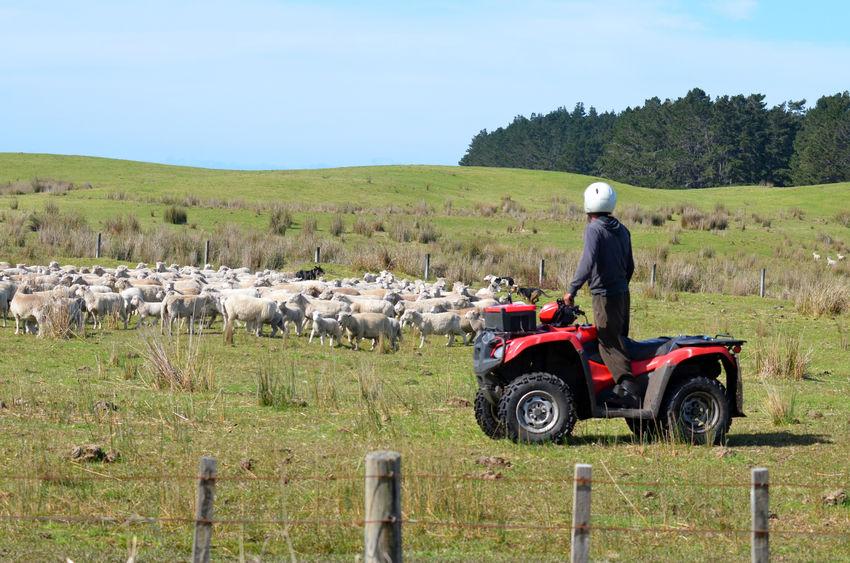
The amount of people in rural communities taking their own lives may increase due to the cost-of-living crisis, experts have warned.
The British Association for Counselling and Psychotherapy (BACP) said it feared that suicides among farmers and other workers in rural areas could rise.
The warning comes ahead of World Suicide Prevention Day, which takes place this year on 10 September.
Anna Daroy, BACP CEO said: “We know that the cost-of-living crisis will have a profoundly damaging and long-lasting effect on the mental health of farmers and those living in rural communities.
“Even before the cost-of-living crisis, male farm workers are three times more likely to take their own lives than the male national average, and every week three people in the UK farming and agricultural industry die by suicide.
"We expect these figures to rise as the cost-of-living crisis exacerbates the longstanding challenges farmers already face – including higher living costs, known as the rural premium, increased rates of loneliness, and isolation."
One solution to help the hardest hit communities was for the government to provide dedicated mental health support, she said, as the current support package for rural communities was 'not enough'.
"Much more is needed to recognise the on-going impacts of the cost-of-living crisis alongside other factors such as Covid, Brexit, the war in Ukraine, farm succession, and labour shortages.
"We’re committed to increasing access to psychological therapies for those from isolated and marginalised groups and playing a leading role in this agenda.”
BACP's fears about the impact on rural suicide rates stem from a string of data about how rural communities are being adversely affected by the cost-of-living crisis.
The All-Party Parliamentary Group (APPG) for Rural Business found that the average wage in rural areas is 7.5% lower than the urban equivalent.
At the same time, the costs of living in rural is significantly higher than in urban areas across the whole of the UK, for example, rural households in 2022 spent almost £800 a year more on fuel than those in urban areas.
Dr Jude McCann, CEO of Farming Community Network (FCN), a charity supports over 6,000 farmers each year, said counselling and other forms of support were vital for farmers.
"There are so many factors outside of their control and quite often it isn’t just one issue that affects their health and wellbeing," she explained.
"Farmers are sometimes proud people and often assume that others need support more than them.
"We need to normalise help seeking behaviour – everyone of us will need help and support at some stage in our lives.”
